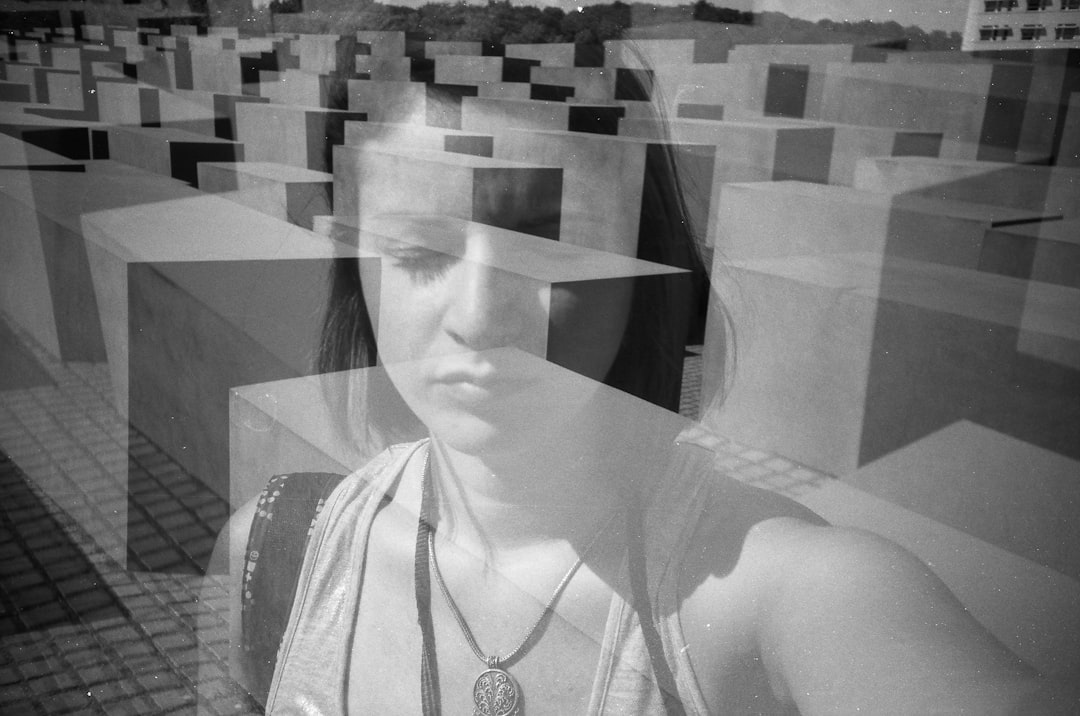What is it about?
Most mental disorders are accompanied by sleep disruption. This study aimed to further shed light on the immediate effect of decreased sleep quality, as well as unstable sleep-wake patterns on paranoid thoughts in individuals with psychotic disorders and healthy controls in day-to-day life. We used a combination of actigraphy (comparable to a wrist-watch that measures light and movement) and electronic momentary assessment via smartphones (comparable to a diary with questions) to assess sleep quality, circadian rhythm, negative affect and paranoid thoughts. We found that lower sleep efficiency increased next day paranoid thoughts and that increased circadian rhythm disruption was associated with more paranoid thoughts in psychotic and healthy individuals.
Featured Image

Photo by Vladislav Muslakov on Unsplash
Why is it important?
Sleep disorders are on the rise and virtually every mental disorder is accompanied by some kind of sleep disruption. Nonrestorative sleep and unstable sleep-wake patterns can affect both bodily and psychological well-being. Moreover, sleep disorders not only contribute to the persistence and severity of symptoms but they can interfere with therapeutic efforts.
Perspectives
As sleep and circadian rhythm are very important for our well-being and work performance, I think that it is key to address sleep quality and stable sleep-wake patterns both preventively in healthy individuals as well as therapeutically in individuals with mental disorders.
Mathias Kammerer
Universitat Hamburg
Read the Original
This page is a summary of: Sleep and circadian rhythm disruption predict persecutory symptom severity in day-to-day life: A combined actigraphy and experience sampling study., Journal of Abnormal Psychology, January 2021, American Psychological Association (APA),
DOI: 10.1037/abn0000645.
You can read the full text:
Contributors
The following have contributed to this page










